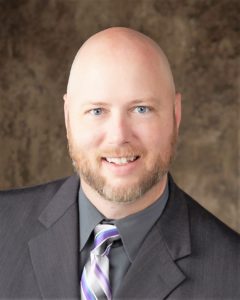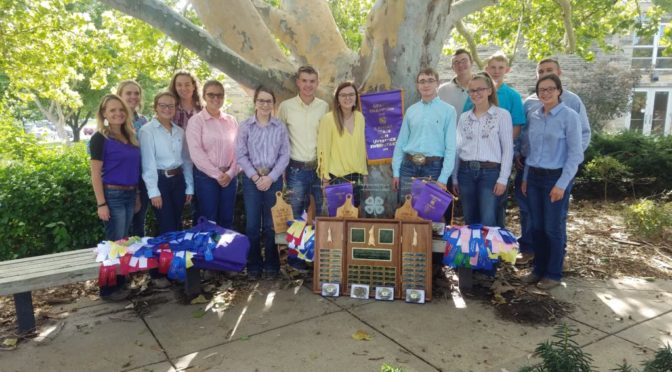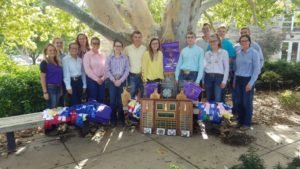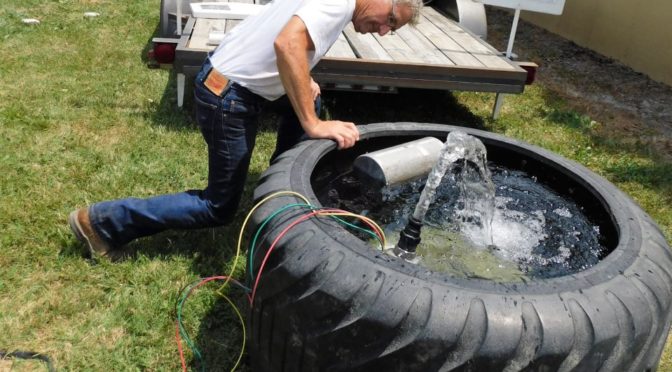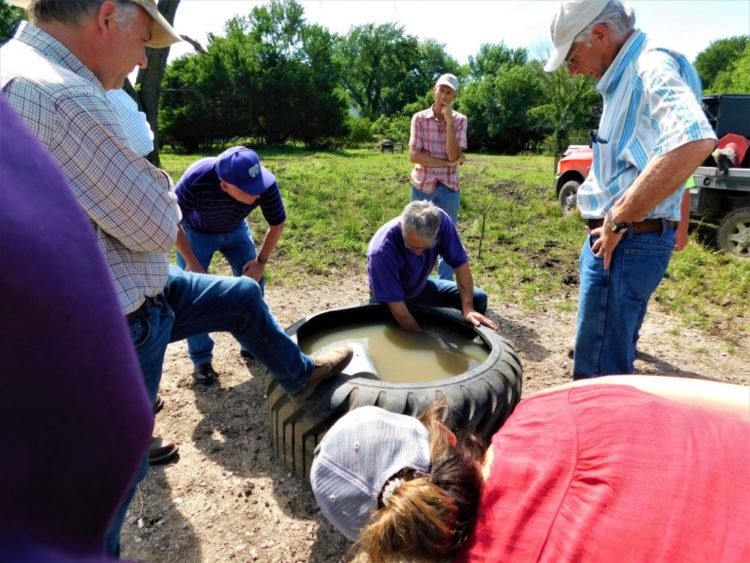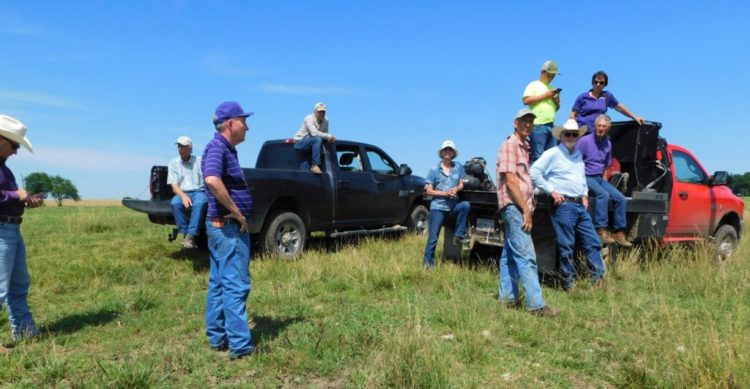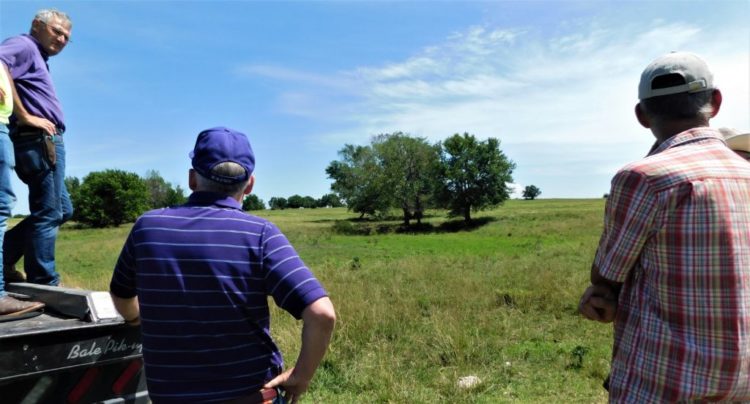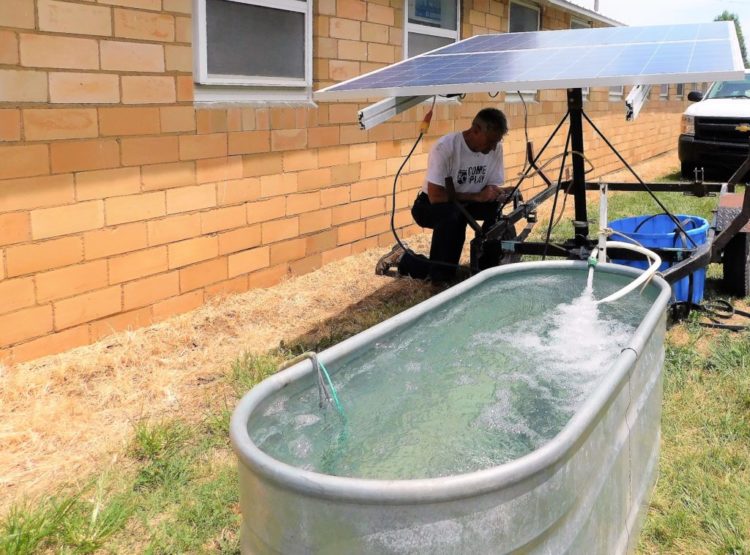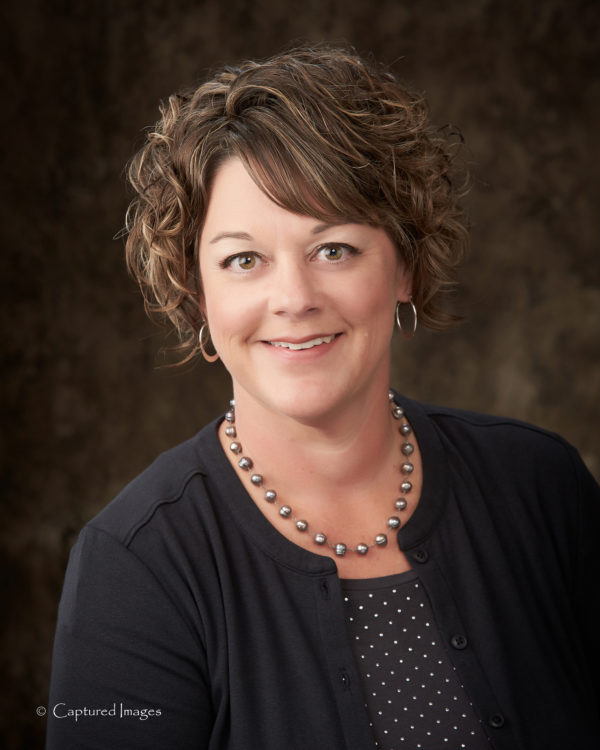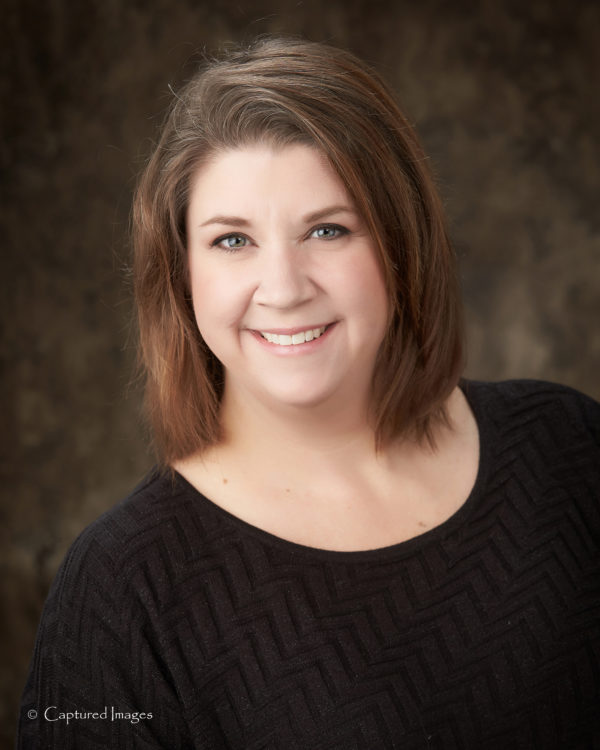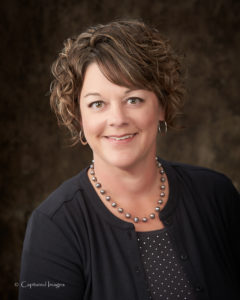
District Extension Agent, Horticulture
Southwind Extension District
111 S. Butler
Erie, KS 66733
Office: 620-244-3826
Cell: 620-496-8786
Above normal rainfall this year meant one thing – the lawn mowers have never stopped running! Our fescue lawns did not go dormant this year and the crabgrass hasn’t slowed down either. You might be surprised at how much of your lawn is actually crabgrass and not fescue. If you are thinking about renovating your lawn, September is the time to do it. Renovating doesn’t have to be done by plowing under the current turf and starting from scratch. Instead, lawns can be thickened up by overseeding.
To start the overseeding process, mow the grass short (1-1.5 inches) and remove the clippings. This will make it easier to get good seed-soil contact and increase the amount of light that will reach the young seedlings. The success of overseeding is dependant on good seed-soil contact. Thatch can prevent the seed from reaching the soil and germinating. If the thatch layer is ¾ inch or more, use a sod cutter to remove it. A power rake can also be used to reduce a thatch layer.
Next, the soil should be prepared for the seed. Holes must be made into the soil for the seeds to fall into. A verticut machine can be used. It has solid vertical blades that can be set to cut furrows into the soil. Another option is to use a core aerator. This machine will punch holes into the soil and deposit the cores on the surface of the ground. Each hole will produce an excellent environment for seed germination and growth. Machines to do such work can often be rented, so check around.
Fertilizer should then be applied at the rate suggested by a soil test or a starter fertilizer should be used at the rate suggested on the bag.
Seeding is the next step. For overseeding, use half the amount needed compared to seeding bare ground. For tall fescue, the normal rate for bare seeding is 6 to 8 pounds per 1000 square feet so the overseeding rate would be 3 to 4 pounds per 1000 square feet. You don’t necessarily have to overseed with the same variety you planted before. The quality of a lawn by can be raised by overseeding with a fescue variety that has better growth habits. Many stores carry blends of several newer high-quality tall fescues.
Finally, water everything in and then keep the seedbed constantly moist to insure rapid germination. Frequent light waterings are better than deeper, infrequent watering as the seedlings become established.
Fertilize with a high nitrogen fertilizer again 4 to 6 weeks after seeding to keep plants growing well and to build up food reserves.
On a side note, many homeowners often want to overseed bare spots under trees, but have minimal luck. The turf will sprout as fall progresses and will get established by winter. It continues to look good going into spring. However, the next summer it begins to die out again – despite any care it is given.
In many cases, this is due to too much shade or the type of turf planted isn’t a good fit for the location. Tall fescue is the only widely used lawn turf in Kansas that can survive some shade. All other cool and warm season turfs need more sunlight.
Instead of establishing grass under trees, consider underplanting the tree with shade tolerant ornamental plants. Examples include ground covers such as vinca minor vines, Boston ivy or liriope, or plants such as hostas or hardy ferns.
Krista Harding is a K-State Research and Extension agent assigned to Southwind District. She may be reached at [email protected] or 620-244-3826.
K-State Research and Extension is an equal opportunity provider and employer.

